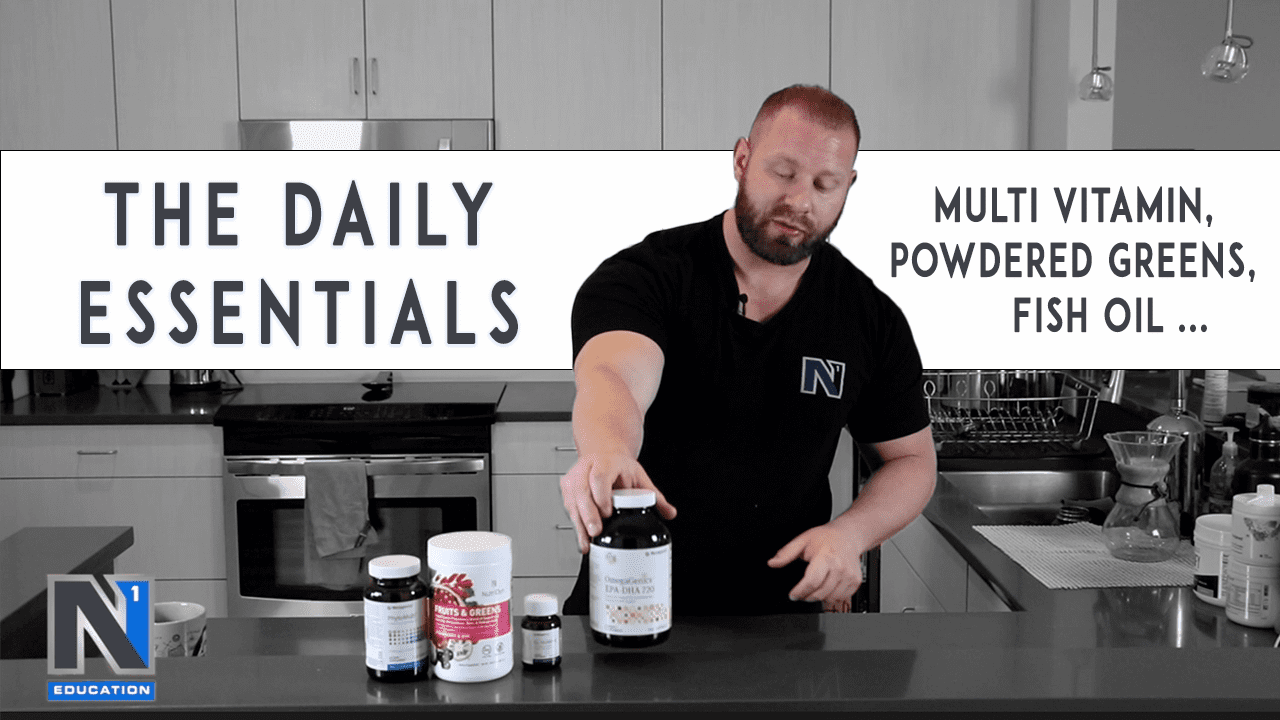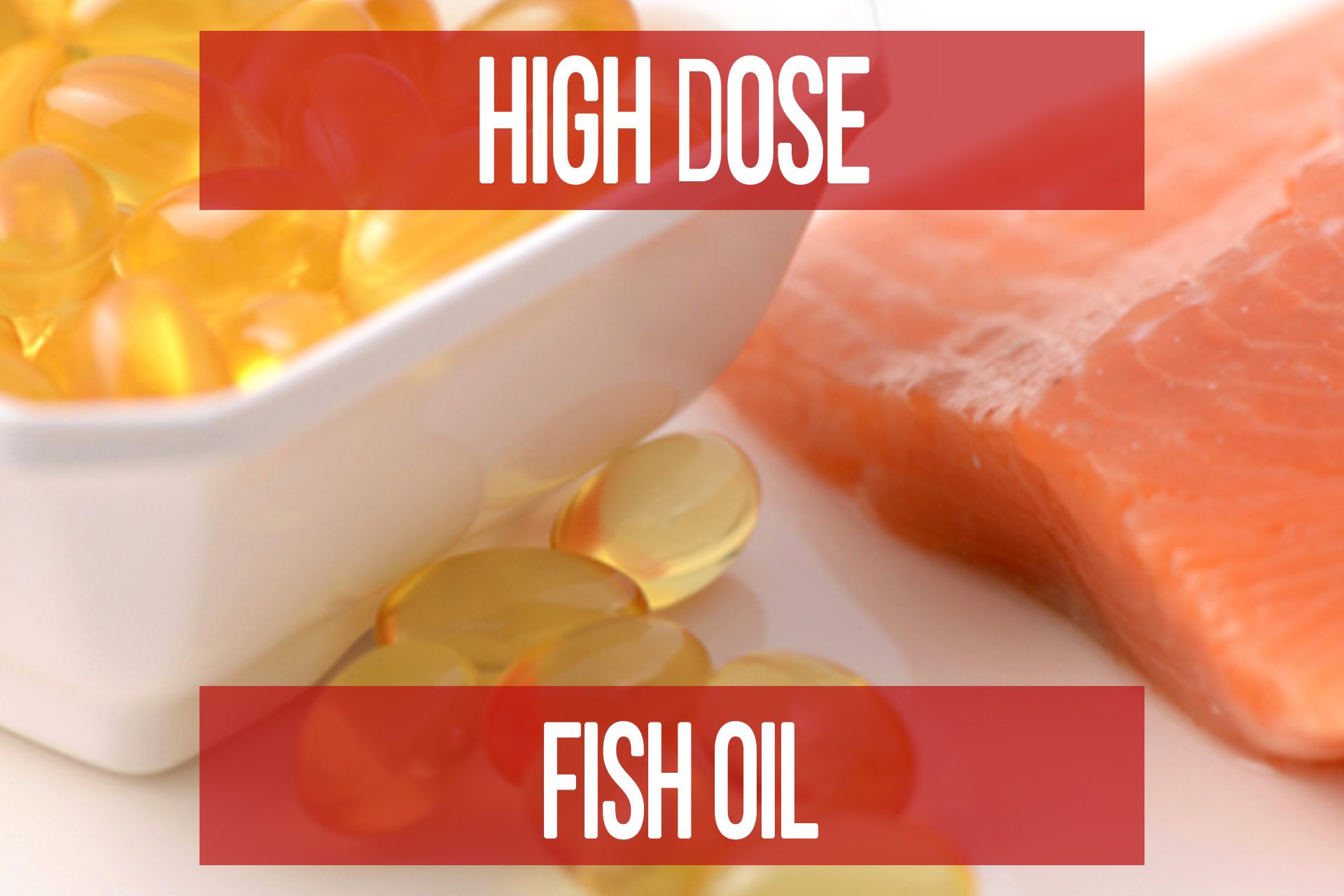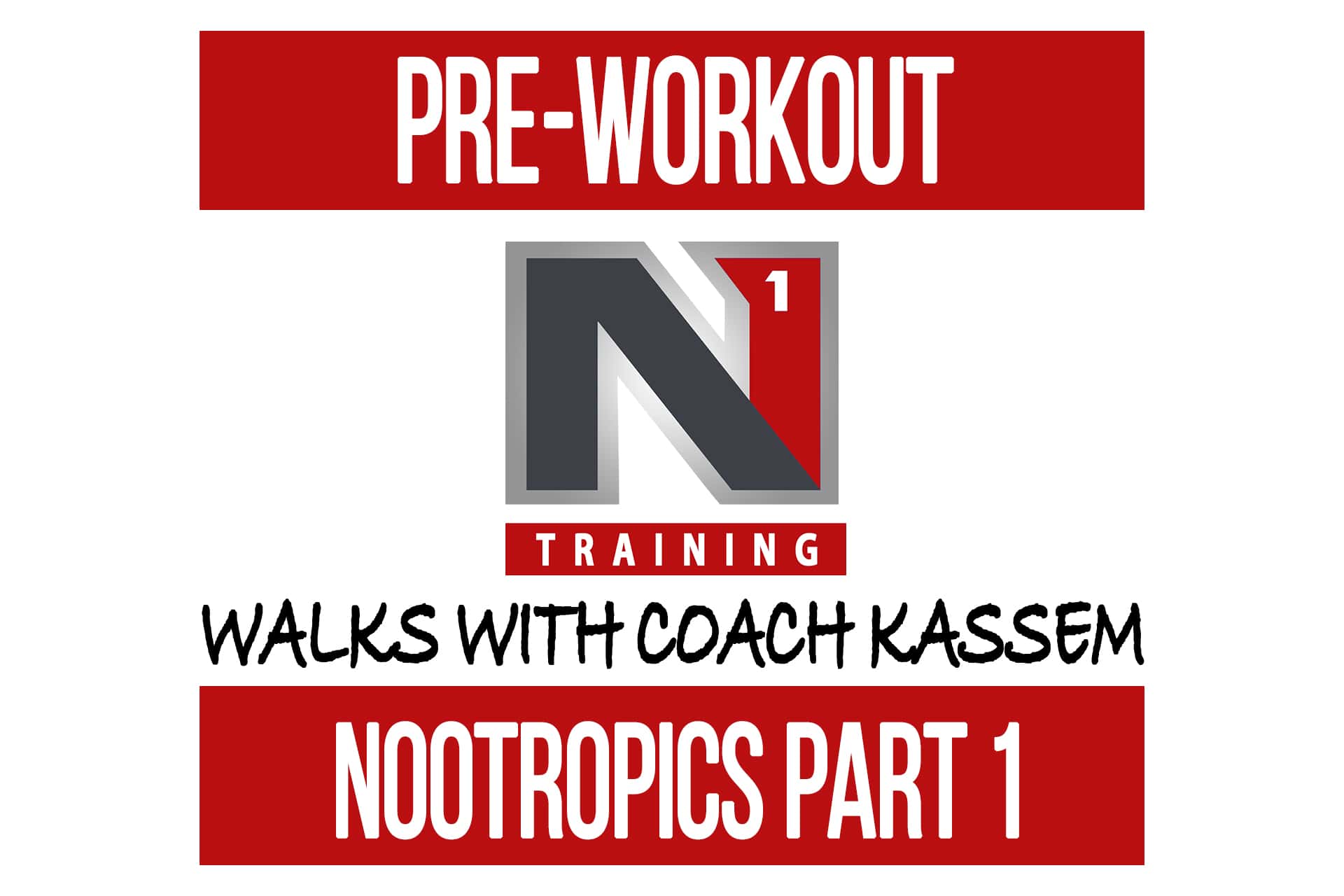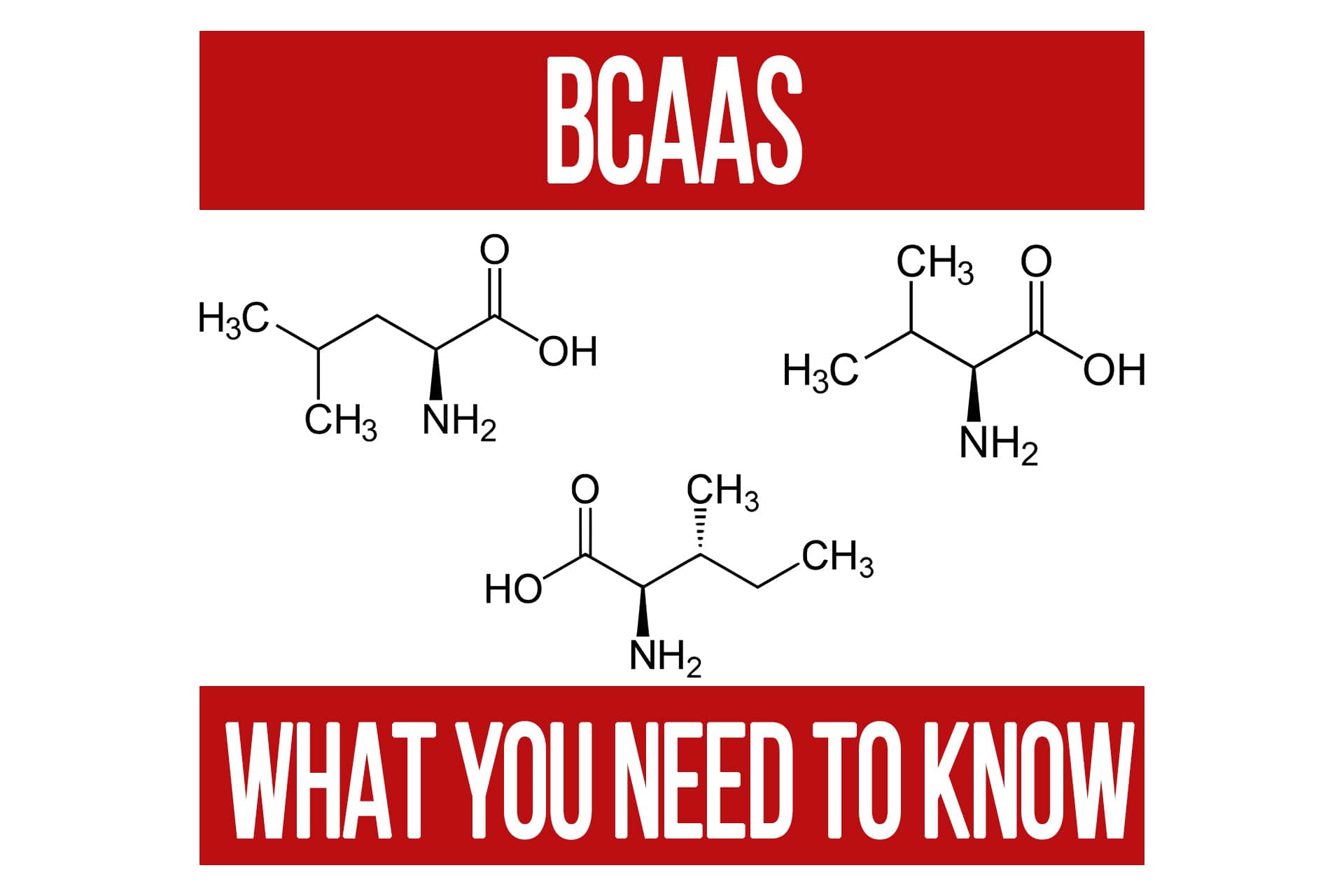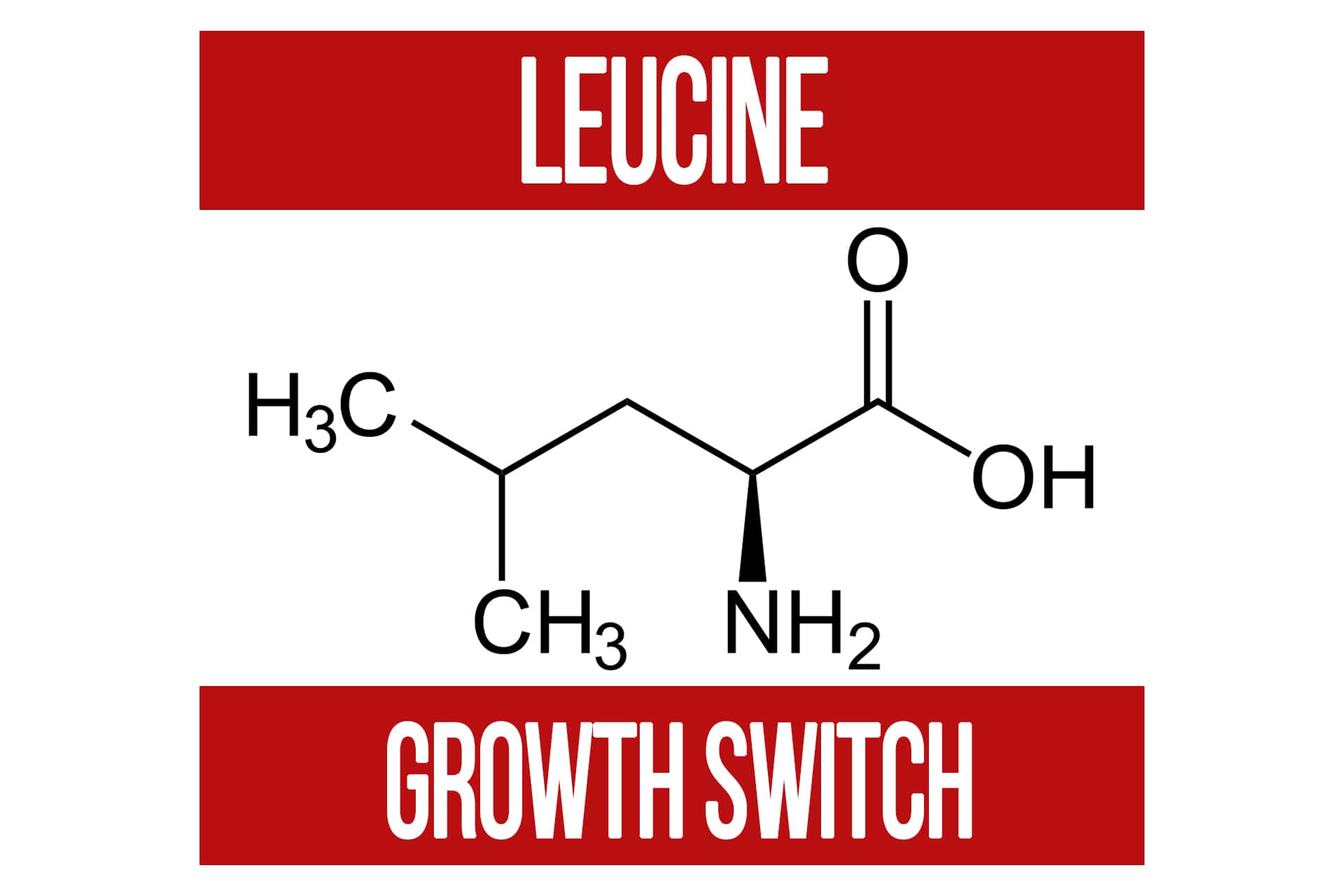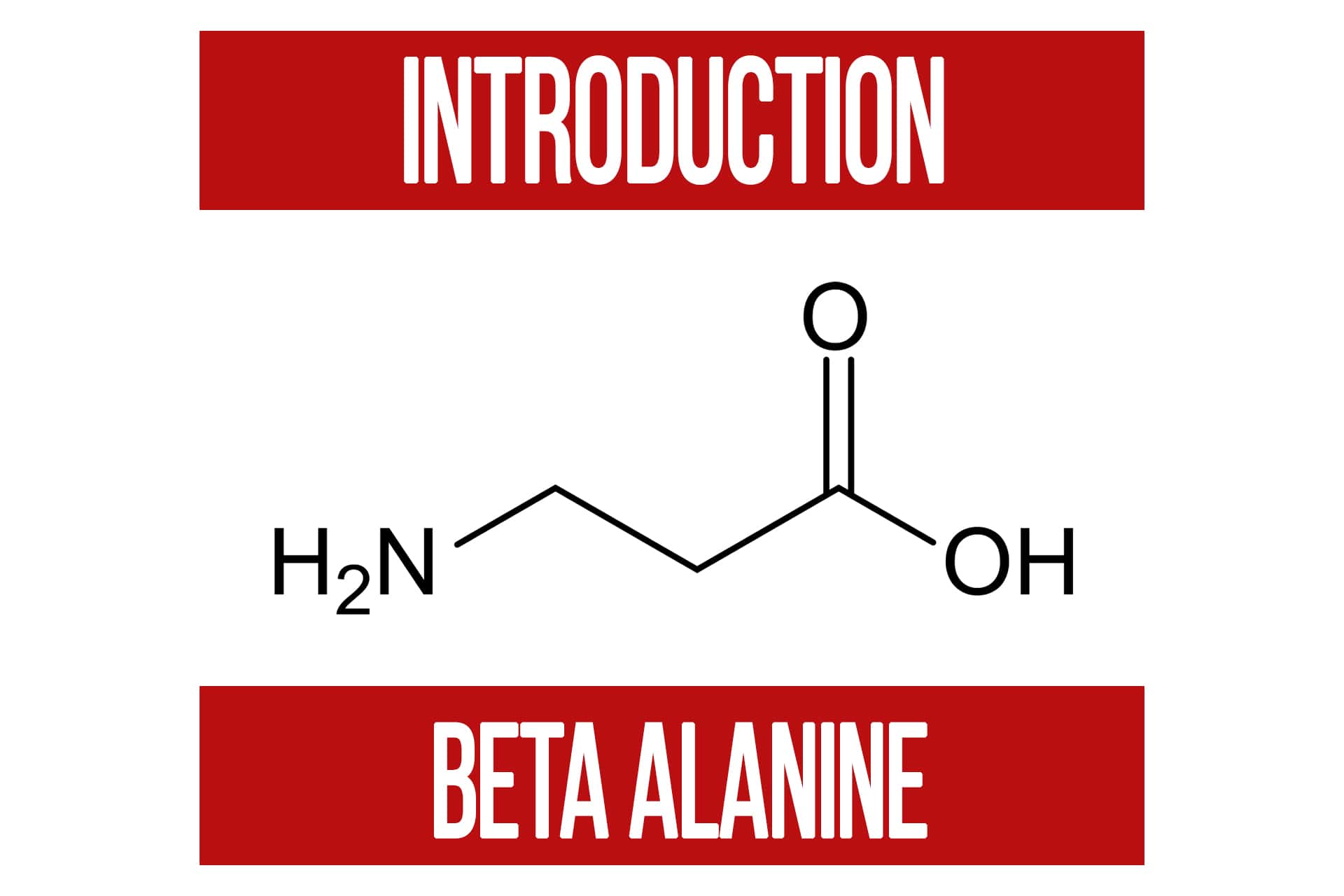Nutrition Basics – Magnesium
n1 training
Magnesium is a vital micronutrient. It’s a part of over 300 processes in the body and plays an important role in your ability to regulate blood sugar, electrolyte balance, and more. Not all sources are the same and some are just a waste of your money.
One of the most important considerations when picking a magnesium supplement is to get a chelated form. This improves bioavailability and also influences what tissues will be most likely to take up the magnesium.
Here is a breakdown of the most common forms you’ll encounter and how they differ:
Glycinate
This is one of our favorite chelates for active individuals as it has high bioavailability. It helps promote both muscular and mental relaxation due to the added glycine. Magnesium glycinate also has one of the better bowel tolerances which is useful for those of us training regularly and requiring a bit higher intake.
We usually recommend between 400-600mg per day depending on the size of the individual and the demands of training. Splitting up larger amounts into 2-3 doses post-workout and at the end of the day is recommended over taking a single large dose, both for bowel tolerance and absorption. The product we personally use most often is SynerMag by ATP Lab.
Threonate
Magnesium threonate has the best permeability across the blood brain barrier making it extremely helpful in promoting mental relaxation. It’s ability to increase levels of magnesium in the brain also plays a role in improving synaptic plasticity, which enhances learning and memory. The best form of magnesium threonate is patented as Magtein© and is the form used in MindMag by ATP Labs.
Citrate, Sulfate, Chloride
More useful as laxatives than anything else. These forms have a low bowel tolerance and, while much less expensive, are not going to be the best bang for your buck if you’re looking for assistance in recovery or supporting biological functions other than elimination.
Orotate
This form has been shown to promote heart health due to its absorption into smooth muscle tissue.
Oxide
It is also not a chelated form, but is very popular in cheap supplements so we added it in here so you know why we recommend not wasting your money on it. This is the least bioavailable form of magnesium out of the ones above. You’d probably get more benefit from licking a piece of dark chocolate.
If you do find that you are deficient in magnesium, usually best done with a blood test, the fastest way to replenish your total body magnesium will be to use a blend of different chelates such as glycinate, orotate, and threonate. This is because they preferentially interact with different tissues and have different bowel tolerances.
Absorption of magnesium is also enhanced with taurine and B6, which is why we like SynerMag by ATP Labs as our go-to for magnesium glycinate. Use the code N1TEN for 10% off your orders from ATP Labs.
Magnesium is a vital micronutrient. It’s a part of over 300 processes in the body and plays an important role in your ability to regulate blood sugar, electrolyte balance, and more. Not all sources are the same and some are just a waste of your money.
One of the most important considerations when picking a magnesium supplement is to get a chelated form. This improves bioavailability and also influences what tissues will be most likely to take up the magnesium.
Here is a breakdown of the most common forms you’ll encounter and how they differ:
Glycinate
This is one of our favorite chelates for active individuals as it has high bioavailability. It helps promote both muscular and mental relaxation due to the added glycine. Magnesium glycinate also has one of the better bowel tolerances which is useful for those of us training regularly and requiring a bit higher intake.
A maintenance dose may be as little as 200-400mg per day. For those that are depleted or highly active, they may do well with up to 400-800mg (potentially more) per day depending on the size of the individual and the demands of training. Splitting up larger amounts into 2-3 doses post-workout and at the end of the day is recommended over taking a single large dose, both for bowel tolerance and absorption.
Threonate
Magnesium threonate has the best permeability across the blood brain barrier making it extremely helpful in promoting mental relaxation. It’s ability to increase levels of magnesium in the brain also plays a role in improving synaptic plasticity, which enhances learning and memory. The best form of magnesium threonate is patented as Magtein© and is the form used in MindMag by ATP Labs.
Citrate
More useful as a laxative than anything else. This form has a low bowel tolerance and, while much less expensive, is not going to be the best bang for your buck if you’re looking for assistance in recovery or supporting biological functions other than elimination.
Orotate
This form has been shown to promote heart health due to its absorption into smooth muscle tissue. However, it is also significantly more expensive than other forms and does not appear to have any better bioavailability.
Oxide
It is also not a chelated form, but is very popular in cheap supplements so we added it in here so you know why we recommend not wasting your money on it. This is the least bioavailable form of magnesium out of the ones above. You’d probably get more benefit from licking a piece of dark chocolate.
If you do find that you are deficient in magnesium, usually best done with a blood test, the fastest way to replenish your total body magnesium will be to use a blend of different chelates such as glycinate, orotate, and threonate. This is because they preferentially interact with different tissues and it decreases the chance of exceeding your bowel tolerance.
Absorption of magnesium is also enhanced with taurine and B6, which is why we like SynerMag by ATP Labs as our go-to for magnesium glycinate.
If you want to try the threonate form, we like MindMag by ATP Labs.
Use the code N1TEN for 10% off your orders from ATP Labs.
Have a Question for Us?
Please Log In to Submit Your Question
BCAAs – Anabolic & Anti-Catabolic
articleBody Composition FREE Hypertrophy Nutrition Supplementation
Popular Pages
Learn & Train With Us
Add N1 Training to your Homescreen!

Please log in to access the menu.
